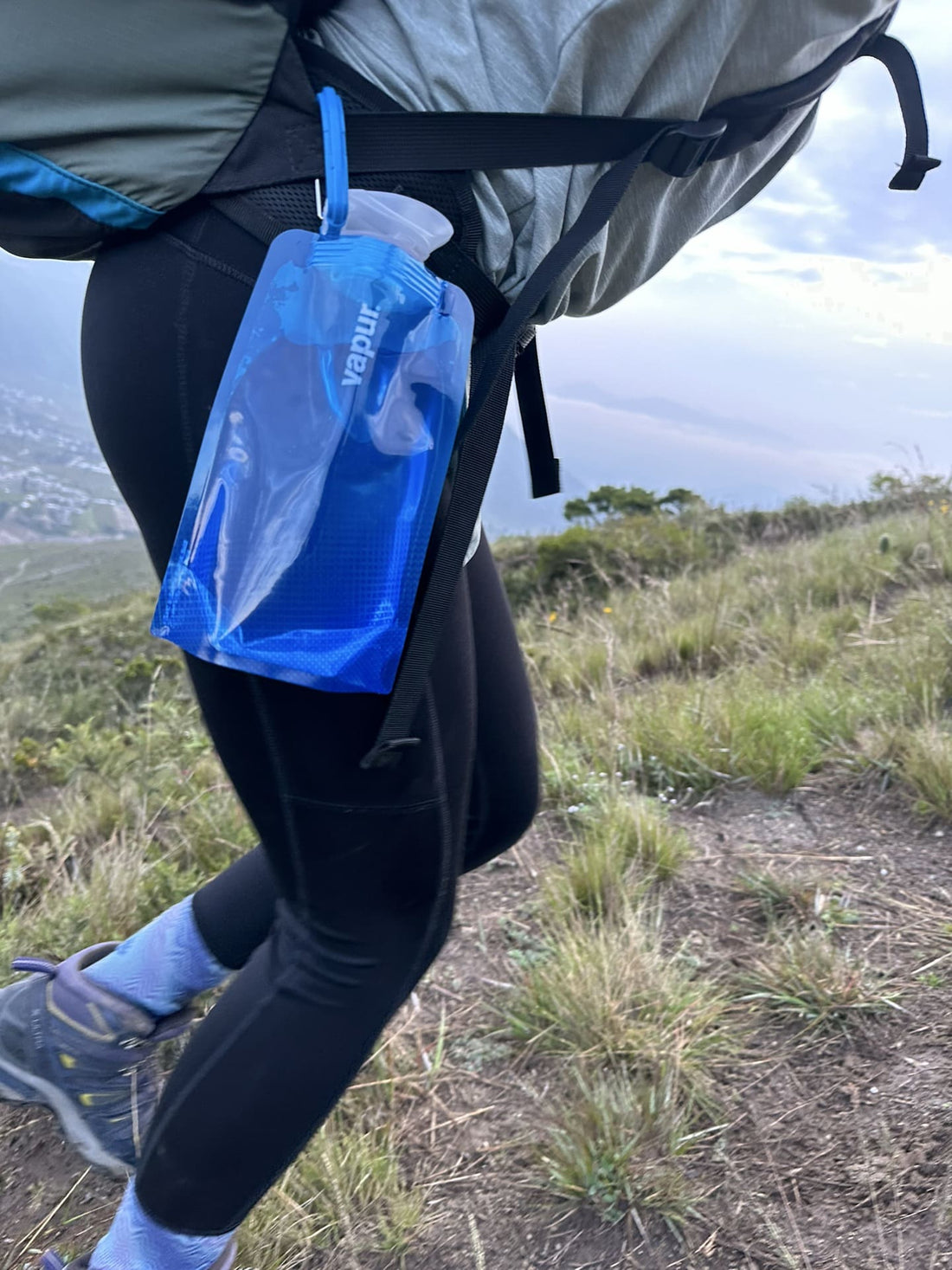As an athlete, you push your body through intense training sessions and grueling competitions. To perform at your best, you must follow proper hydration and nutrition protocols. Even small, consistent choices—like sipping on water at halftime or eating a balanced meal after a game—can make the difference between a win and a loss.
Smart nutrition and hydration practices also support endurance, speed up muscle repair, and sharpen mental focus during competition. Athletes who develop sustainable habits around eating and drinking perform better, bounce back faster, and maintain their competitive edge across training cycles. These practical strategies can help you reach your full potential while mitigating the physical rigors of competition.
Hydration for Peak Performance
Staying hydrated supports physical endurance and mental focus—both of which play a vital role in overall performance and recovery. Water regulates body temperature, lubricates joints, and helps transport nutrients throughout the body. Without proper hydration, athletes risk fatigue, dizziness, and slower recovery. Hydration needs vary based on the intensity of the activity, environmental conditions, and individual fitness.
Expert insights from Olympic coaches show that proper hydration can give you a mental edge. Drinking enough water boosts memory, improves decision-making, and helps you feel sharper during competitions. Proper hydration also prepares you for the test ahead by ensuring you respond correctly when under pressure. This is key, as athletes become dehydrated quickly when stressed due to the increased water loss caused by adrenaline-induced sweating.
Hydration strategies can be adjusted based on workout intensity, environmental factors, and weight. For example, high-intensity training in hot weather may require more frequent water breaks and electrolyte replacement to prevent dehydration and heat-related issues. In general, athletes should aim to drink:
- 16 - 20 ounces before intense competition
- 7 - 10 ounces for every 20 minutes of intense activity
- 16 - 24 ounces post-competition
Reusable water bottles designed for active lifestyles make it easier to stay on track with hydration goals throughout the day. On a long day out on the golf course, for example, these bottles help golfers stay hydrated across multiple holes without needing frequent breaks to refill.
Fueling Your Body with Nutrition
Every movement, sprint, and lift depends on proper nutrition. Athletes rely on carbohydrates, proteins, and fats to maintain energy, build strength, and recover effectively. Carbohydrates offer quick fuel for immediate performance, proteins repair and rebuild muscles after exertion, and fats provide a steady source of energy for endurance activities. A thoughtful balance of these nutrients supports both short-term performance and long-term recovery.
Beyond physical performance, nutrition also supports overall health and resilience. Whole foods packed with vitamins, antioxidants, and essential nutrients help reduce inflammation, strengthen the immune system, and maintain steady energy levels. Consistently incorporating nutrient-dense options into daily meals can keep the body primed for both activity and recovery.
Performance-Boosting Foods
Athletes thrive on nutrient-dense meals that support performance, growth, and recovery. Pre-workout meals should include easily digestible carbs and moderate protein, such as oatmeal with fruit or a smoothie with protein powder. After exercise, prioritize meals rich in protein and complex carbs to support muscle repair — think grilled chicken with quinoa and steamed vegetables.
Citrus fruits, leafy greens, and nuts can’t be discounted for their immunity-boosting powers either — they’re especially easy to include in regular meal planning. Nutrient-dense, immunity-boosting meals are typically include ingredients like:
- Spinach
- Broccoli
- Garlic
- Onion
- Bananas
- Shellfish
- Tofu
These ingredients provide a balance of macronutrients and will help you fight off illnesses following periods of intense competition.
Strategic Meal Planning
A balanced mix of proteins, fats, and carbohydrates should be strategically included in daily meals to ensure sustained energy and proper recovery after intense activity. Proteins repair and build muscle tissue, fats offer slow-burning energy for endurance, and carbohydrates provide quick fuel for bursts of activity.
Planning meals ahead reduces reliance on last-minute choices that may lack essential nutrients. Pre-prepared options like protein-packed salads, overnight oats, or balanced grain bowls can save time and ensure quality nutrition throughout the day. Post-workout meals, such as chocolate milk, Greek yogurt, or a turkey sandwich, help replenish glycogen stores and provide the necessary protein for recovery.
Mental and Physical Synergy
Poor eating and drinking habits hit athletes harder than most realize, especially when it comes to mental performance. Skip a few water breaks or meals, and you might notice your mind getting fuzzy, your reactions slowing down, or your judgment taking a hit. Athletes who stay on top of their water intake and eat well throughout the day often find they can think faster and make smarter calls in crunch time.
Good nutrition does more than just fuel your muscles - it keeps your head in the game during those long training blocks. When you eat balanced meals rich in key nutrients, you're better equipped to handle stress and stay emotionally stable. Getting enough water helps you sleep better too, which lets both your body and mind bounce back stronger. The right foods can even cool down inflammation and speed up recovery after tough workouts.
When you build your day around staying hydrated and eating well, you're setting yourself up for success in ways that go beyond just physical strength. These basic habits help you stay focused longer, make better choices under pressure, and bounce back quicker - exactly what you need when you're pushing for your best performance.
Final Thoughts
Getting the right food and water keeps your body performing well during sports. When you drink enough water, eat balanced meals, and give your body time to recover, you are better able to maintain your energy, heal properly, and stay focused.
Simple habits around eating and drinking make a real difference. Having water nearby during practice, planning nutritious meals, and sticking to a recovery routine help athletes handle tough training and perform better when it counts.



